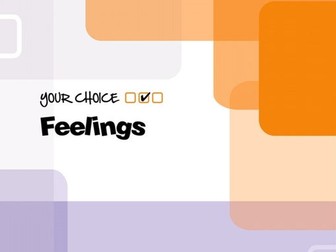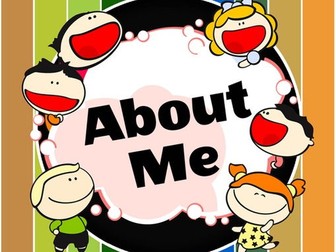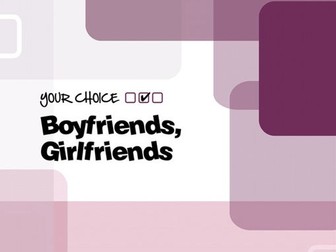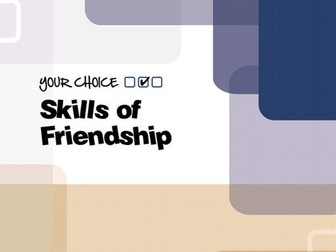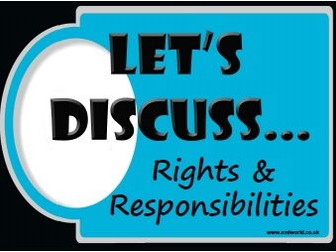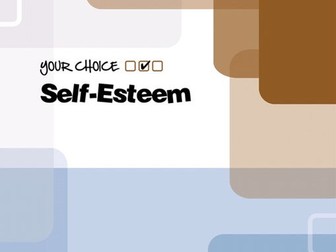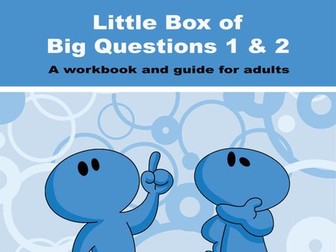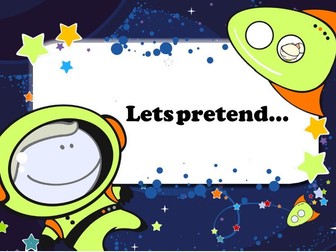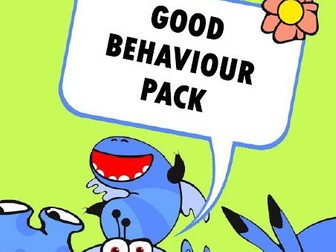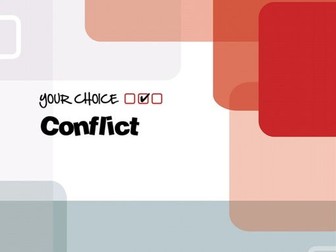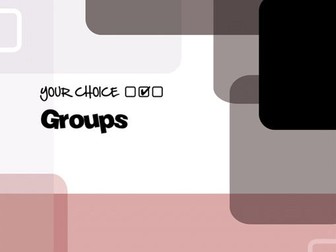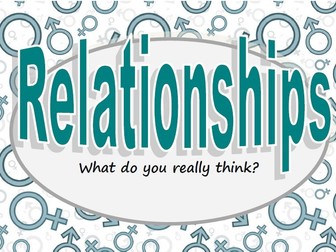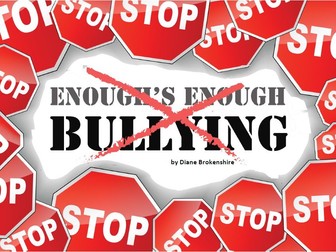Feelings Programme
By Shay and Margaret McConnon<br />
<br />
This course aims to help students become aware of their feelings, to accept responsibility for them and to develop effective coping strategies.<br />
<br />
Feelings are an important, natural and necessary part of us. To be 'in touch' with our feelings is to be attuned to the reactions we experience as we go through life. To acknowledge how we feel inside ourselves (even negative feelings like anger and jealousy) is important to our physical, emotional and social well-being.<br />
<br />
Adolescence is a time for 'new' feelings which can be wide ranging, intense, confusing and contradictory. It is not unusual for a young person to experience feelings of love and resentment towards their parents at the same time, to be leaping with joy one moment only to swing abruptly into moodiness.<br />
<br />
Strategies 1 - 3<br />
Designed to help young people develop a vocabulary of feeling words. Students then use this vocabulary to identify their various moods and feelings.<br />
<br />
Strategies 4 – 6<br />
Young people examine the various ways that feelings are handled, assess themselves on their ability to manage feelings and decide on effective coping strategies..<br />
<br />
Strategy 7<br />
The assessment exercises lead to an identification of behaviour goals and theopportunity for commitment to these using a structured plan for behaviour change.<br />
<br />
Strategies 8 - 9<br />
The feelings of anger and depression are examined in depth. Young people assess their ability to handle these feelings and decide on more constructive ways for managing them.<br />
<br />
Strategies 10 - 11<br />
Students are given the opportunity to explore feelings about self and to develop ways for improving self-esteem. <br />
<br />
Strategies 12 -13<br />
Students take part in a board game which provides an opportunity for fun, assessment and renewed awareness of how they can influence their feelings.
